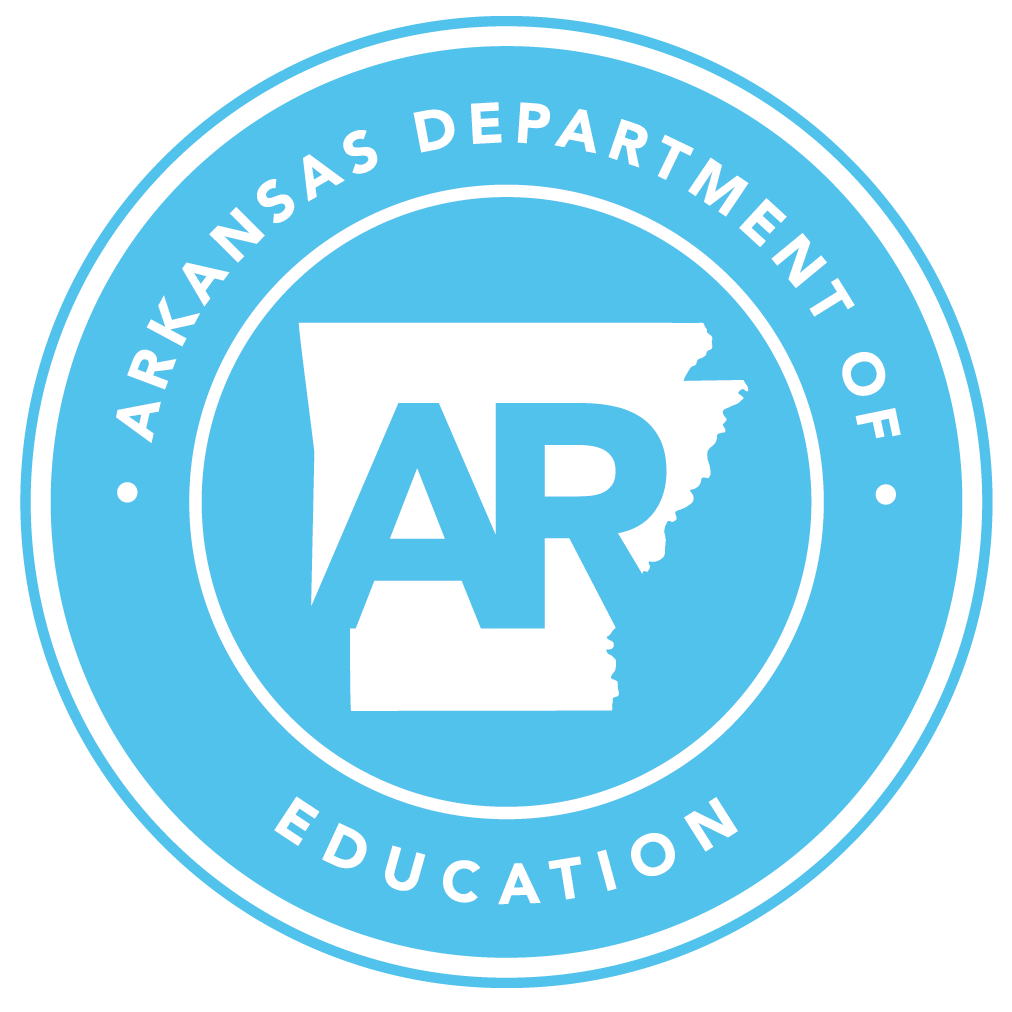REGISTERED NURSE
SUMMARY:
The Registered Nurse is responsible for providing direct patient care and the provision of other patient services in a clinical setting. This position is governed by state and federal laws and institution policy.
TYPICAL FUNCTIONS:
Records medical and family history of patients and current medication usage, conducts physical examinations, and monitors vital signs. Develops and updates patient care plan for completion of treatment goals. Reviews patient charts for physician orders, progress notes, and physical complaints.
Consults with physicians concerning problem cases, provides assistance with case management, and refers patients to appropriate clinic or agency for treatment.
Responds to emergency or life-threatening situations and administers appropriate treatment.
Counsels and instructs patients and family members on proper care and use of medication and medical equipment, modifies care plan according to patient’s progress, and informs of available services, if providing care in the home or hospital.
Instructs individuals, families, and other groups regarding health issues, such as preventive care, nutrition, and childcare. Arranges for immunizations, blood pressure testing, and other health screening. Works with community leaders, teachers, parents, and physicians in community health education.
May supervise daily activities of licensed practical nurses and nursing aides.
Performs other duties as assigned. SPECIAL JOB DIMENSIONS:
May be required to work rotating shifts or hours other than normal working hours or to be on call.
KNOWLEDGE, ABILITIES, AND SKILLS:
Knowledge of professional nursing theories, concepts, and methods.
Ability to develop patient care plan and participate in diagnosis and development of treatment goals. Ability to apply comprehensive nursing care to clients in all age groups in a clinical setting. Ability to assign and coordinate work activities and monitor the performance of subordinates. Ability to instruct patients and families on self-help care. Ability to assist physicians with routine and emergency care.
MINIMUM EDUCATION AND/OR EXPERIENCE:
The formal education equivalent of a bachelor
Back to Classification and Compensation

